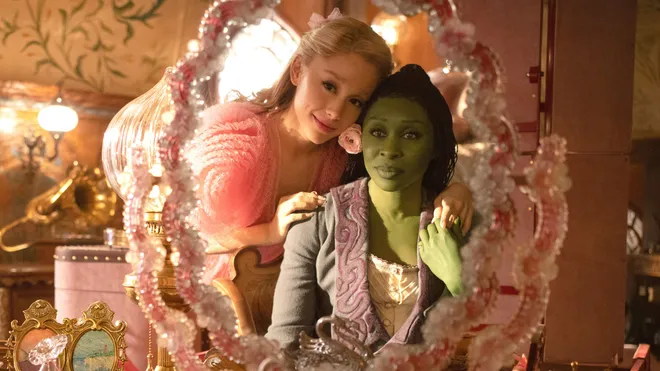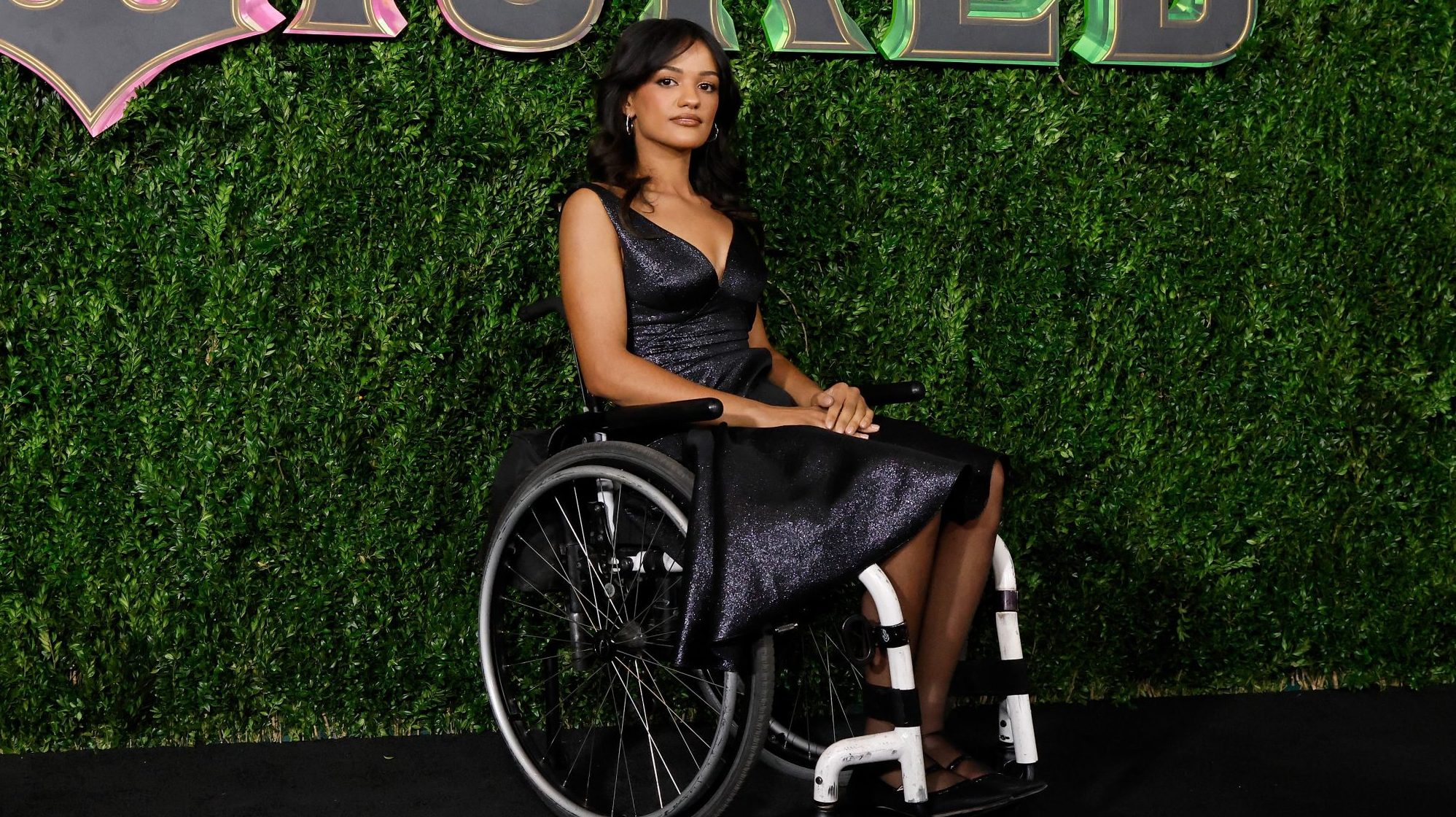The witches of Oz are back, and they’re bringing all the heartbreak, high notes, and high drama in the first trailer for Wicked: For Good. Universal Pictures dropped the spellbinding teaser during a one-day theatrical event, giving fans their long-awaited look at the final act of the beloved Broadway adaptation.
Set to land in theaters Nov. 21, Wicked: For Good marks the final chapter in director Jon M. Chu’s dazzling two-part cinematic take on the iconic musical. Picking up where Wicked: Part One left off, the trailer hints at deep emotional stakes, soaring performances, and a friendship that could reshape the very soul of Oz.
A Rift as Wide as a Tornado
If Part One gave us a friendship in bloom, For Good shows us its fallout. Cynthia Erivo’s Elphaba is now a hunted figure, demonized as the “Wicked Witch” and forced into exile deep within the forests of Oz. But she’s far from silent. Fueled by truth and fury, Elphaba’s fight continues as she works to free Oz’s voiceless Animal citizens and unmask the Wizard’s lies.
Meanwhile, Ariana Grande’s Glinda is all shimmer and status, living it up in the Emerald City as the new face of “goodness.” Polished and poised, Glinda is under the watchful eye of Madame Morrible (played by Michelle Yeoh) and adored by a city desperate for reassurance.
But even with a fairytale wedding to Prince Fiyero (Jonathan Bailey) on the horizon, Glinda can’t shake the ache of her shattered bond with Elphaba. The trailer teases a fateful attempt at reconciliation, one that threatens to break them apart for good.
A Familiar Storm Brews
As the forces of The Wizard of Oz swirl closer, fans will notice familiar shadows creeping in. There’s Nessarose (Marissa Bode), Elphaba’s sister, now teetering on a tragic fate. Boq (Ethan Slater) appears increasingly entangled in Oz’s political games. And yes, the trailer closes with a very iconic swirl of gingham: Dorothy has arrived.
This time, the stakes aren’t just personal, they’re mythic. With an angry mob on her heels and the Emerald City in a frenzy, Elphaba’s destiny looms. But so does a final reckoning with Glinda, one that will require honesty, vulnerability, and possibly even forgiveness.
As the title promises, everything is about to change…for good.
Fan Reactions: “Chills. Just chills.”
The trailer’s release sent the internet into a collective squeal:
-
“I have watched the Wicked: For Good trailer.” wrote one fan on X (formerly Twitter), complete with a teary-eyed Ariana Grande GIF from her press tour last year.
-
Another added, “THE CHILLS I JUST GOT WITH WICKED’s TRAILER OMG AND FOR GOOD STARTED PLAYING”
The buzz is palpable, and for good reason. Chu’s return to Oz is packed with promise and glitter.
THE CHILLS I JUST GOT WITH WICKED’s TRAILER OMG AND FOR GOOD STARTED PLAYING😭😭😭
— nês | 🤍 | saw gracie (@nouisfinity28) June 5, 2025
I have watched the Wicked: For Good trailer pic.twitter.com/ctOWEPs0k3
— That’s That Meat Espresso🥩☕️🌈 (@meatsical) June 5, 2025

